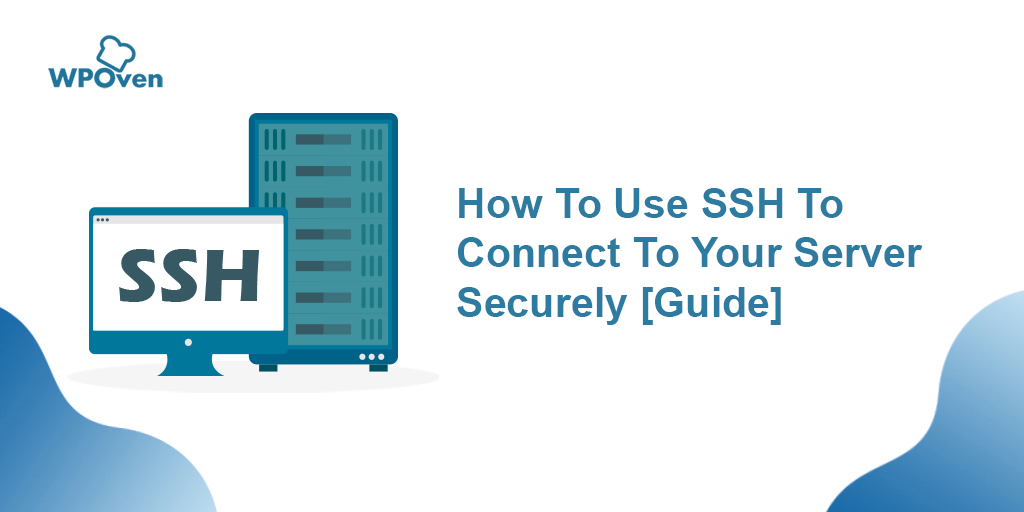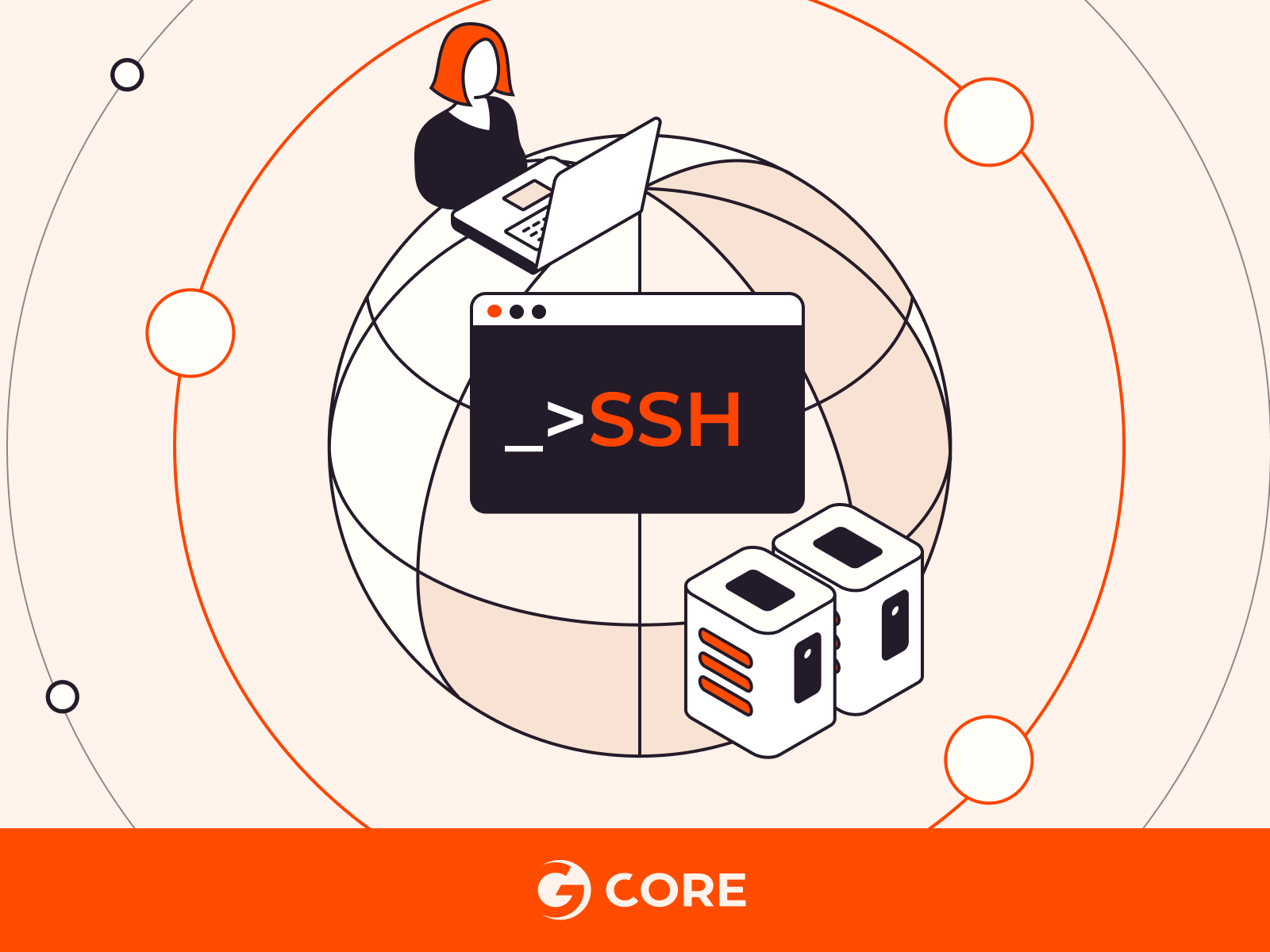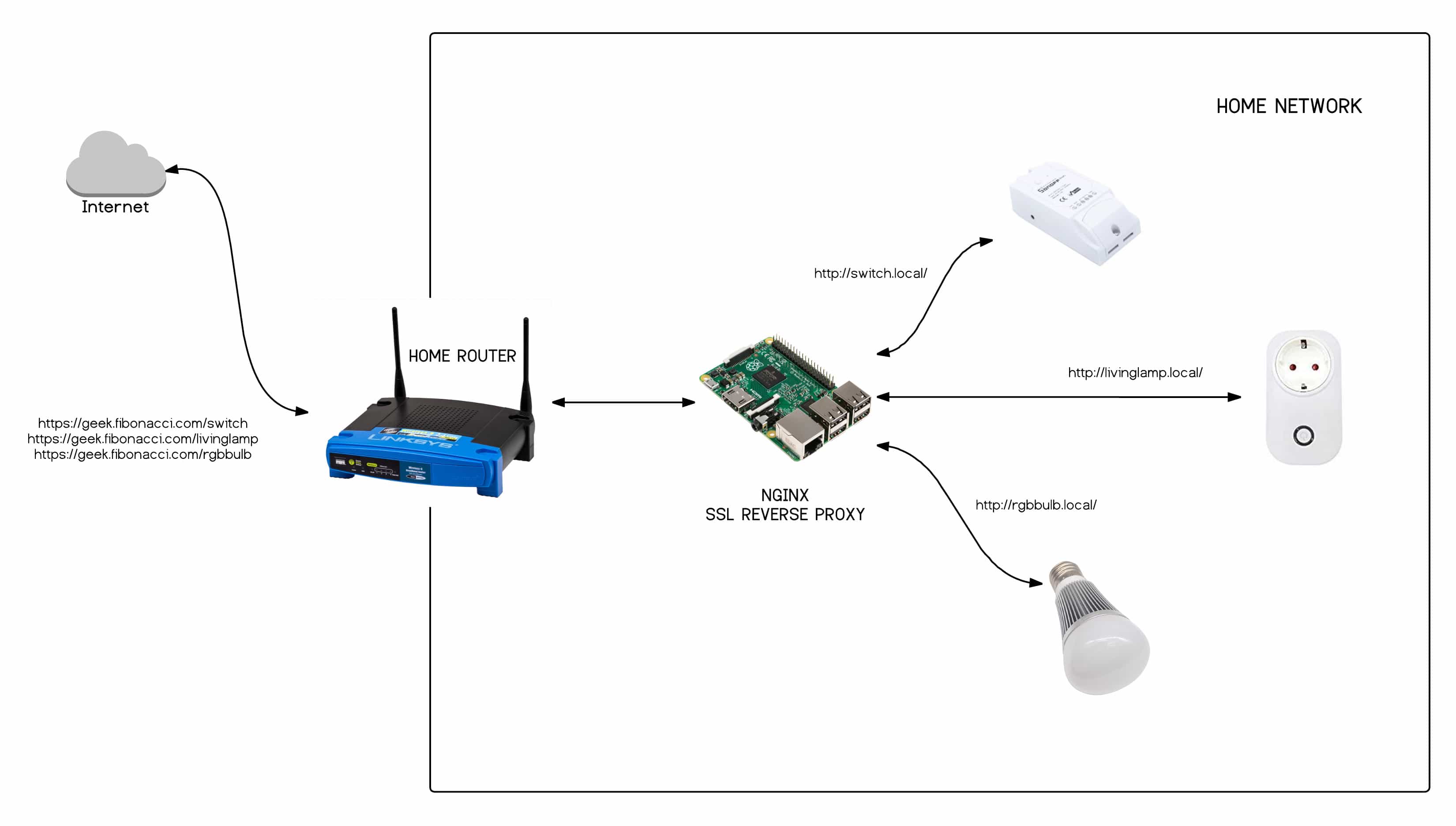Secure IoT: P2P SSH On Ubuntu - A Comprehensive Guide
Ever feel overwhelmed by the thought of securing your Internet of Things (IoT) devices? The ability to securely connect remote IoT devices using Peer-to-Peer (P2P) SSH on Ubuntu is not just a technical skill; it's a necessity for anyone navigating the increasingly interconnected world we live in.
The landscape of technology is rapidly evolving, and the Internet of Things (IoT) is at the forefront of this transformation. From smart homes to industrial automation, IoT devices are becoming integral to our daily lives. As these devices proliferate, so does the need to protect them from potential threats. Ensuring secure communication between these devices is no longer a luxury; it's a fundamental requirement. This is where the power of Secure Shell (SSH) and the flexibility of Ubuntu come into play.
Connecting remote IoT devices through P2P SSH on Ubuntu is a crucial skill for modern developers and system administrators. But, what does this entail? At its core, P2P SSH on Ubuntu involves establishing a secure, encrypted connection between two or more devices, allowing for the secure exchange of data and commands. This is achieved using SSH, a cryptographic network protocol that provides a secure channel over an unsecured network.
- Julie Chrisley Nude The Truth Behind The Headlines And Controversies
- Maia Campbell Nude The Truth Behind The Clickbait And Sensationalism
While SSH itself is inherently secure, additional measures can be implemented to further enhance its protection. Regularly updating the SSH server and related packages is vital to patch any identified vulnerabilities. A secure configuration is paramount to prevent unauthorized access and maintain the integrity of your network. Moreover, understanding the nuances of P2P SSH on Ubuntu empowers you to create a robust and resilient IoT infrastructure. This knowledge is essential for safeguarding sensitive data and ensuring seamless communication.
Let's delve deeper into how this can be achieved. The following table provides a comprehensive overview of the key aspects of secure P2P SSH connections for IoT devices on Ubuntu:
| Topic | Details |
|---|---|
| The Importance of Security | With the rapid expansion of the IoT, securing communication is more crucial than ever. This involves protecting sensitive data and ensuring devices remain safe from unauthorized access. |
| P2P SSH Explained | P2P SSH provides a secure, encrypted connection between devices. It allows for the secure exchange of data and commands, critical for remote monitoring and management. |
| Why Ubuntu? | Ubuntu is a popular Linux distribution known for its reliability and security. It provides a robust platform to build secure and stable IoT infrastructures. |
| Key Configuration Steps | This includes updating the SSH server and related packages to patch vulnerabilities. Furthermore, setting up key-based authentication and configuring firewall rules. |
| Best Practices | Regularly updating SSH and all related packages. Using strong passwords or key-based authentication. Minimizing the number of open ports. Monitoring logs for suspicious activity. |
| Real-World Applications | In manufacturing, like the work of Sarah, who monitors industrial IoT sensors, or home automation, secure P2P SSH enables remote management and monitoring. |
| Future Trends | The article also outlines future trends in IoT security, focusing on emerging threats and evolving solutions. |
| Benefits of Secure P2P SSH | Protecting data, ensuring seamless communication, preventing unauthorized access, and enhancing the overall security of the IoT network. |
This guide aims to be your comprehensive resource for configuring secure connections. From understanding the basics of SSH to configuring advanced security settings, each step is explained thoroughly to build a reliable system. Whether youre a seasoned pro or a newcomer to networking, the information contained here will assist you.
- Fat Elvis The Ultimate Journey Through The Kings Legacy And Weight Battle
- Steven Fanning The Untold Story Of A Man Who Changed The Game
One of the primary benefits of implementing secure P2P SSH is the safeguarding of sensitive data. IoT devices often collect and transmit valuable information, and a secure connection ensures that this data is protected from unauthorized access. Furthermore, a well-configured SSH connection facilitates seamless communication between devices, allowing for remote monitoring, management, and updates. This is particularly beneficial in environments where physical access to the devices is limited or impractical. By implementing these measures, you can significantly reduce the risk of cyber threats and maintain the integrity of your IoT network.
This guide will walk you through the process of securely connecting remote IoT devices with P2P SSH on Ubuntu, ensuring your systems remain safe from unauthorized access. Whether you're a developer, system administrator, or a tech enthusiast, understanding how to implement P2P SSH on Ubuntu will empower you. As more devices come online, ensuring secure communication between them is paramount.
Consider the practical application of these principles. For example, imagine Sarah, who works in manufacturing. She uses SSH to monitor industrial IoT sensors. By securely connecting to her Ubuntu server, she can track machine performance in real-time. This enables her to catch issues before they escalate, saving her company time and money. This practical application highlights the tangible benefits of implementing secure P2P SSH.
This comprehensive guide provides valuable insights and actionable steps to enhance the security and efficiency of your IoT network. By following the steps outlined here, you'll learn how to configure an Ubuntu server to facilitate secure P2P SSH connections for your IoT devices. This includes configuring the SSH daemon, setting up key-based authentication, and configuring the firewall.
The journey to securing your IoT devices with P2P SSH on Ubuntu is one of proactive measures. It is a constant process of learning, adaptation, and vigilance. By taking the steps outlined in this article, you'll not only fortify your systems against current threats but also position yourself to meet the future challenges of IoT security.
A p2p SSH connection on Ubuntu offers a reliable solution to protect your IoT devices from unauthorized access and cyber threats. Remember, security should always be a top priority. The integration of SSH into your IoT infrastructure is a critical measure in this regard.
By understanding the fundamentals of SSH and learning how to configure it effectively on Ubuntu, you'll be well-equipped to protect your IoT devices from potential threats. Secure P2P SSH on Ubuntu is essential for safeguarding sensitive data and ensuring seamless communication, ultimately offering peace of mind in an increasingly interconnected world.
Article Recommendations
- Pictures Of A Teeth The Ultimate Guide To Understanding And Appreciating Dental Wonders
- Discover The Enchantment Magic Kingdom Photos That Bring Disney Dreams To Life



Detail Author:
- Name : Adela Bailey
- Username : nwintheiser
- Email : sedrick.wolf@carter.org
- Birthdate : 2004-04-05
- Address : 55003 Renner Streets Andersontown, WV 13573-8525
- Phone : 870.287.9328
- Company : Abbott-Stanton
- Job : Alteration Tailor
- Bio : Omnis quam a et sequi necessitatibus necessitatibus harum eius. Sunt fugit vitae et assumenda. Quibusdam autem est natus nulla quod assumenda.
Socials
tiktok:
- url : https://tiktok.com/@ewell.dickens
- username : ewell.dickens
- bio : Minus itaque voluptatem ullam laborum quas laboriosam ut.
- followers : 3888
- following : 1771
facebook:
- url : https://facebook.com/edickens
- username : edickens
- bio : Eos quo vero et sequi. Ut enim ullam possimus ut ducimus asperiores dolorem.
- followers : 248
- following : 537
instagram:
- url : https://instagram.com/ewell.dickens
- username : ewell.dickens
- bio : Non cum ut iste fugit dolore et est ut. Et ut ducimus qui sunt fugit labore incidunt.
- followers : 3421
- following : 2914
linkedin:
- url : https://linkedin.com/in/dickens1993
- username : dickens1993
- bio : Qui occaecati aut sunt voluptatem.
- followers : 1007
- following : 2779
twitter:
- url : https://twitter.com/dickense
- username : dickense
- bio : Quia reiciendis quia et est. Enim vel consectetur tenetur qui rerum omnis aut. Dolore provident aspernatur illo consequuntur.
- followers : 6182
- following : 2393